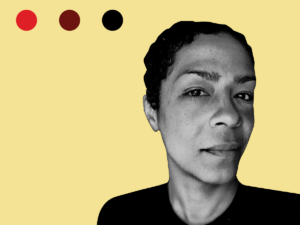
July 6, 2019; Dallas Morning News
How does one prove bias in police departments? It takes a lot, but one smallish project is having its effect right now simply by amplifying officers’ own public disclosures.
On June 21st, NPQ reported on the suspension of 72 Philadelphia police officers for social media posts that were racist, violent, or Islamophobic. We explained at the time that the action was taken subsequent to the release of research findings of a small nonprofit called the Plain View Project, which decided to look—in plain sight and across eight different police departments—for self-expressions of bias.
Now, in Dallas, another four police officers have been forced to take leave, with 20 more under internal investigation. In all, eight cities were part of the study, and 300 of the 5,000 posts identified were from active duty Dallas officers.
Sign up for our free newsletters
Subscribe to NPQ's newsletters to have our top stories delivered directly to your inbox.
By signing up, you agree to our privacy policy and terms of use, and to receive messages from NPQ and our partners.
The department did not name the four officers who were placed on administrative leave Friday, but responses to the action show the usual disappointing pattern. Bob Gorksy, an attorney for the Dallas Police Association, said he hoped “DPD will focus less on being the thought police and more on the real police needs of the city.”
On the other hand, Terrance Hopkins, president of the Black Police Association of Greater Dallas, acknowledged some of the posts were “truly disturbing comments” that shouldn’t be said “by law enforcement or by anyone.”
Twelve officers in Phoenix, Arizona have also been placed on non-enforcement duty.
While suspension of individual officers is important, so is reinforcement of the message that bias must be acknowledged and censured by departments full of armed personnel. Emily Baker-White, executive director of the Plain View Project, said, “We hope this is shifting the conversations in the department away from a them-versus-us mentality and into a community policing mentality.”—Ruth McCambridge













